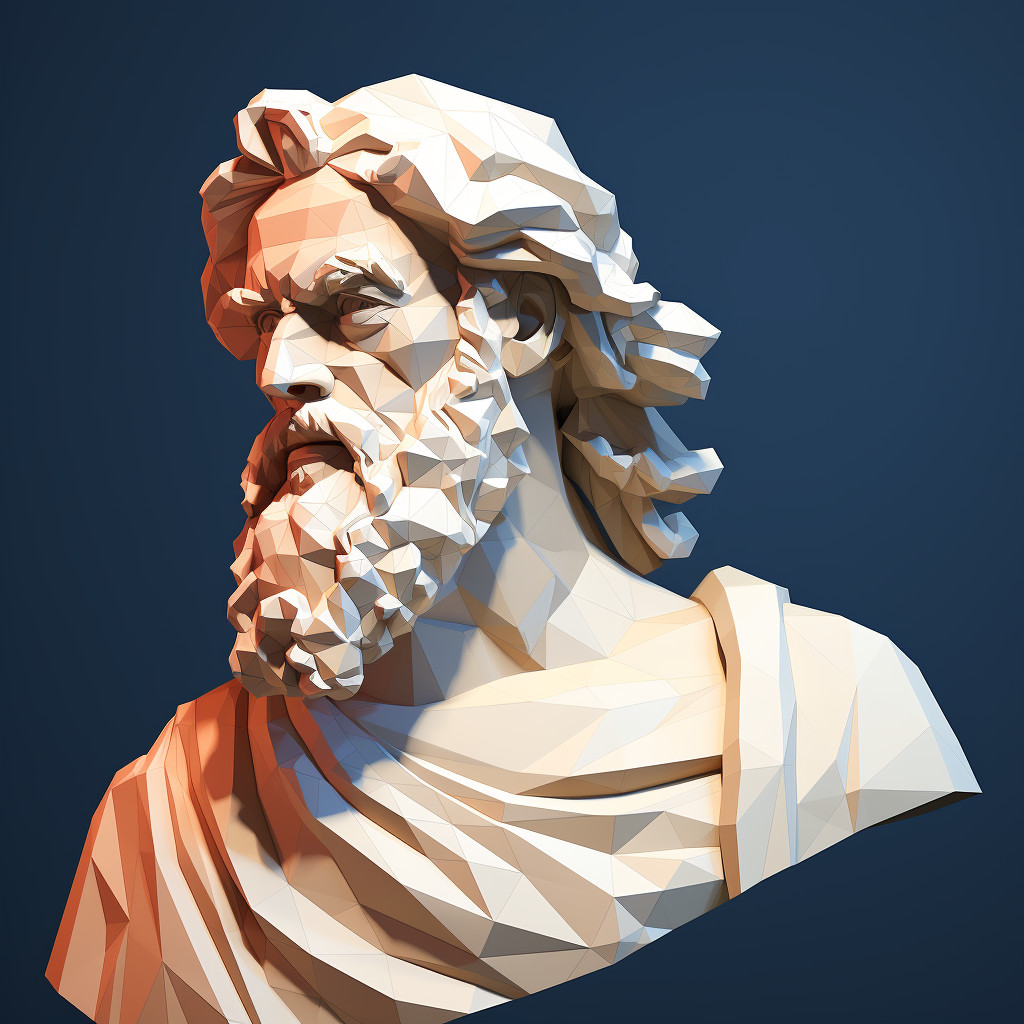This quote by Epictetus, “Who is the rich man? He who is content,” is a profound reflection on the nature of wealth and happiness. It suggests that true wealth does not lie in the accumulation of material possessions, but rather in the state of being content. In other words, a person who is truly rich is one who is satisfied with what they have.
This idea challenges the conventional notion of wealth, which is often equated with financial abundance or material possessions. It suggests that the pursuit of external wealth can often lead to discontentment, as one’s desires and wants can be endless. On the other hand, a person who is content with what they have, irrespective of their material possessions, is truly rich as they have found inner peace and happiness.
In the context of today’s world, where consumerism and the pursuit of wealth are often glorified, this idea serves as a reminder to focus on inner fulfillment rather than external acquisitions. It encourages us to find contentment in what we have and to cultivate gratitude for our blessings, rather than constantly striving for more.
In terms of personal development, this concept can be applied by practicing mindfulness and gratitude. Instead of focusing on what we lack, we can shift our focus to appreciate what we already have. This can lead to a greater sense of contentment and fulfillment. It also encourages us to define our own success and wealth, not by societal standards, but by our own sense of satisfaction and happiness.
Moreover, it can also help in fostering resilience during challenging times. By finding contentment in what we have, we can better navigate through life’s ups and downs without being overly attached to material possessions or external circumstances. This can lead to a more balanced and fulfilling life.









